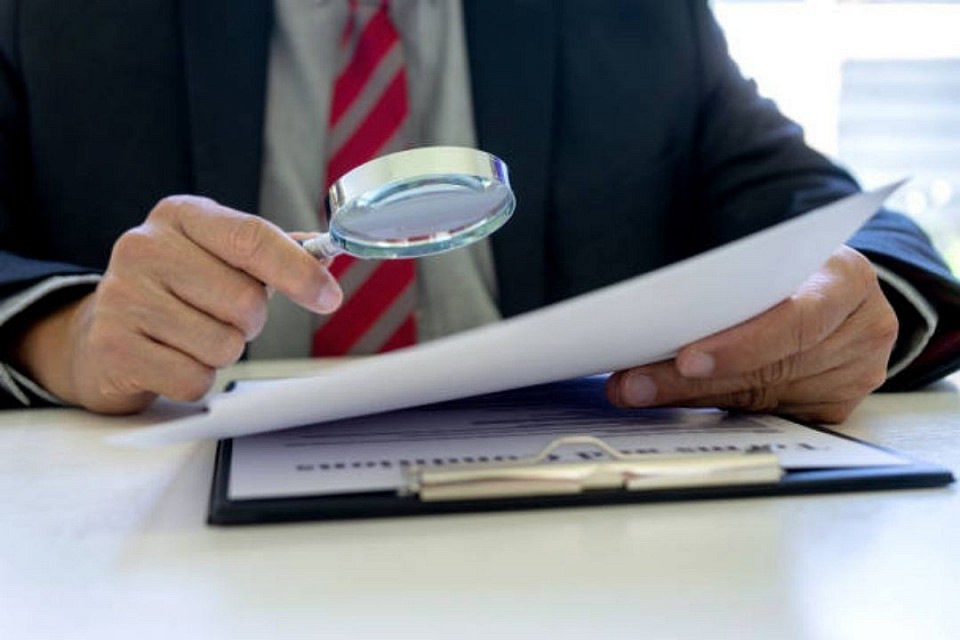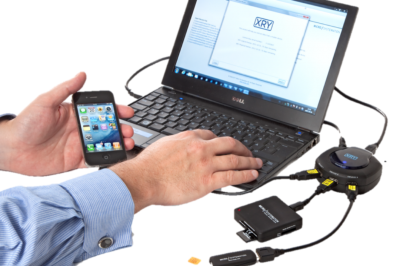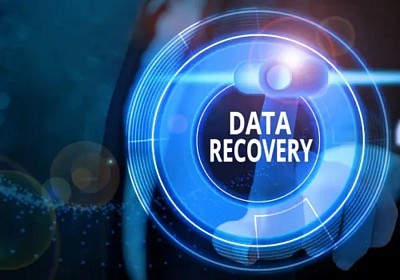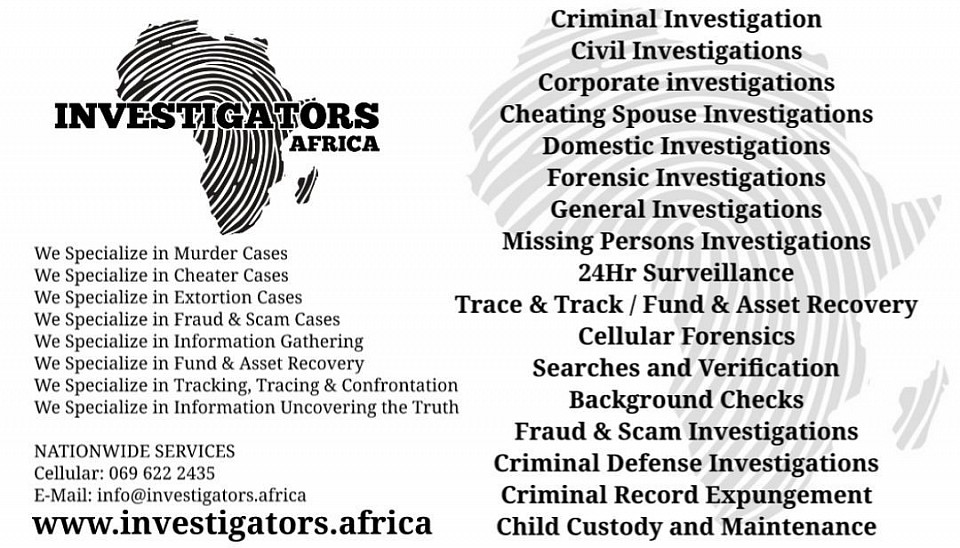Forensic Investigations
Private investigators can conduct forensic investigations
Often complementing the work of law enforcement or addressing situations where police capacity is limited. These investigations can involve various techniques like fingerprinting, digital forensics, and document analysis, with the goal of gathering evidence and uncovering facts in a legal and ethical manner.
Here's a more detailed breakdown:
• Complementing Law Enforcement:
In many cases, private investigators work in conjunction with or under the direction of police, providing additional resources and expertise, especially when police capacity is stretched.
• Forensic Techniques:
Private investigators utilize a range of forensic techniques, including:
• Fingerprinting: Collecting and analyzing fingerprints to identify individuals at a crime scene.
• Digital Forensics: Investigating electronic devices and networks for evidence related to cybercrimes or other incidents.
• Document Examination: Analyzing documents for authenticity, alterations, or forgery.
• Legal and Ethical Considerations:
Private investigators must operate within the law and adhere to ethical standards. Evidence gathered must be obtained legally and be admissible in court.
• Corporate Investigations:
Companies often hire private investigators to investigate fraud, theft, or other misconduct within their organizations.
• Personal Investigations:
Individuals may also hire private investigators for matters like infidelity investigations, background checks, or locating missing persons.
• Importance of Proper Licensing and Experience:
It's crucial to hire a licensed and experienced private investigator to ensure the quality and admissibility of evidence in legal proceedings.
• Confidentiality:
Private investigators are expected to maintain strict confidentiality throughout the investigation.
Private investigators leverage cellular and digital forensics to gather, analyze, and preserve electronic evidence.
This involves using specialized tools and techniques to extract data from devices like cell phones, computers, and cloud storage, including social media platforms. The collected data, such as call records, messages, emails, and browsing history, can be crucial in uncovering digital footprints and providing evidence for legal proceedings.
Here's a more detailed look:
1. Data Acquisition and Preservation:
• Private investigators use forensic tools to extract data from various sources, including mobile devices, computers, and cloud storage.
• This process involves logical or physical acquisition of data, ensuring the chain of custody is maintained to preserve the integrity of the evidence.
• Specialized software helps recover deleted files, messages, and other data that may be crucial to the investigation.
2. Analysis and Interpretation:
• Forensic tools allow for the examination of call records, messages, emails, browsing history, and other digital footprints.
• Investigators analyze metadata, such as timestamps and geolocation data, to establish the context and sequence of events.
• Social media activity is analyzed to understand an individual's online behavior, preferences, and potential connections.
• Content profiling helps create digital profiles based on online behavior, revealing potential motives and intentions.
3. Application in Investigations:
• Cybercrime:
Investigating cybercrimes like fraud, data breaches, and intellectual property theft.
• Fraud:
Tracking financial transactions, uncovering hidden assets, and identifying patterns of fraudulent behavior.
• Surveillance:
Monitoring online activity, tracking locations, and gathering evidence of suspicious behavior.
• Divorce and Family Law:
Examining communication patterns, social media activity, and digital footprints to uncover infidelity or other relevant information.
• Corporate Investigations:
Investigating employee misconduct, data breaches, and intellectual property theft.
4. Key Considerations:
• Privacy Regulations:
Private investigators must adhere to privacy laws and regulations when collecting and using digital evidence.
• Admissibility in Court:
Ensuring the evidence is properly handled and documented to maintain its admissibility in legal proceedings.
• Expert Testimony:
Digital forensic investigators can provide expert testimony to explain the methods and findings of the investigation in court.
• Specialized Training:
Digital forensics is a specialized field requiring ongoing training and expertise in the latest tools and techniques.






